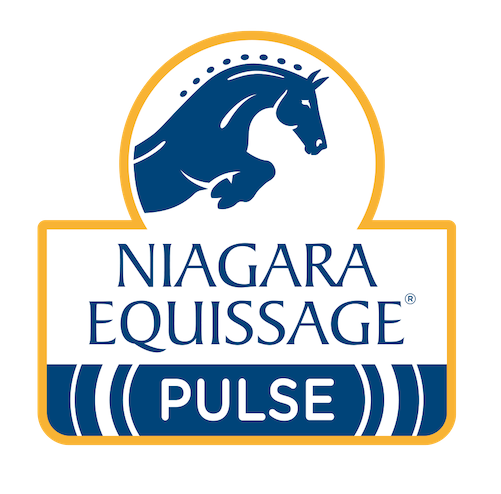Performance & Health Benefits
Diseases / Conditions
Bruised Sole
A bruised sole occurs following direct trauma to the sole of the hoof. Read more
Endimetris
Horse Endometritis can be fungal or bacterial. The most common fungi in fungal endometritis in horses include the Candida (yeast) and Aspergillus (mold). Read more
Rhabomyolysis
Equine Rhabdomyolysis Syndrome (ERS) is a metabolic disorder that is linked to glycogen accumulation during rest. Read more
Laminitis
By definition laminitis in horses is the failure of the attachment between the distal phalanx (coffin bone) and the inner hoof wall. Read more
Lympangitis
Lymphangitis in horses is an inflammation and/or swelling associated with impairment of the lymphatic system, particularly in a limb. Read more
Pedal Osteitis
Pedal Osteitis is inflammation of the distal phalanx (pedal bone). Read more
Horse Cough
A cough is in involuntary reflex initiated by sensory cells located in the lining of the trachea and bronchi. Read more
Horse Abcesses
An abscess is a cavity containing pus, which is a collection of dead cells, bacteria, and other debris resulting from an infection. Read more
Horse Wounds / Cuts
There are many different types of horse cuts and wounds. For example trauma can cause puncture, avulsion (flap of skin), incised, lacerated, abrasion or shear wounds. Read more
Mud Fever
Mud fever is essentially a form of dermatitis which affects the skin on the heel, fetlock and pastern. Read more
Horse Arthritis
Arthritis is a condition involving inflammation of a joint, usually accompanied by pain, swelling, and stiffness. Read more
Bog Spavin
Bog Spavin is a swelling around the tibiotarsal joint of the horse’s hock. Read more
Capped Hock / Elbow / Knee
Capped hock, elbows and knees are all bursal injuries and result from a direct trauma to the area. Read more
Horse Cold Back
Cold back is a term used to describe a horse that displays behaviours or has symptoms indicating back pain. Read more
Filled Legs
A diffusely enlarged leg below the knee or hock. Read more
Kissing Spine
Kissing spine (spinous process impingement) is where the large spines which stick upwards from the vertebrae in the horse’s back rub together and cause low grade inflammatory changes in the edges of the bone where they meet. Read more
Locking Patella
The system of muscles, tendons and ligaments that allow the horse to ‘lock’ its lower leg joints with little muscular effort are known as the ‘stay apparatus’. Read more
Ringbone
Ringbone is bone growth in the pastern or coffin joint of a horse. In severe cases, the growth can encircle the bones – hence the name ringbone. Read more
Sesamoiditis
Sesamoiditis describes inflammation within the sesamoid bones at the back of the fetlock joint. Read more
Horse Sore Back
A sore back in a horse can be caused by numerous factors. Read more
Respiratory Conditions
Niagara Equissage can help alleviate the impact of numerous symptoms caused by respiratory problems. Read more

Testimonials
See All- “Niagara Equissage is an important part of our training program. We use it everyday, especially before working both young and old horses. It helps them loosen up and be comfortable and ready to work. It helps our show horses go better, and improves the demeanor of our school horses. The results we get from the Niagara Equissage on our 23 year old horse are fabulous.”
- Kentucky Derby Winning Trainer & Trainer of Horse of the Year, Zenyatta
"My Niagara Equissage is in use 4 hours every morning treating many horses for many things, including ALL horses racing that day. I find using the Niagara Equissage on tendons and suspensors removes soreness totally."
- "Niagara Equissage definitely helped SABELLIENA be at her best after her long campaign prior to winning the CARDINAL. We use it a lot and the horses love it."

